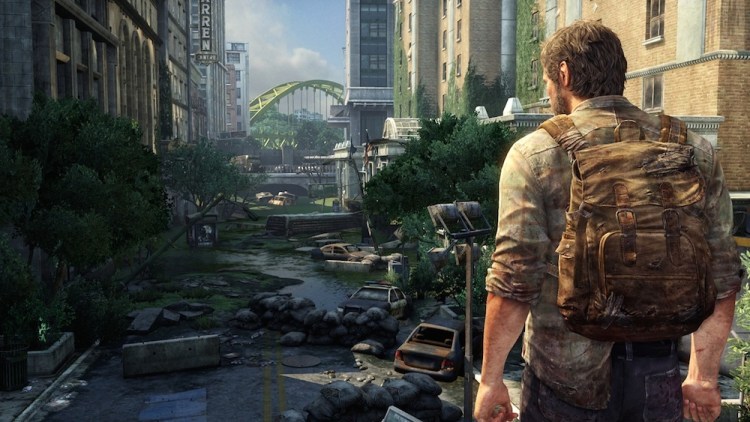The future of the genre
Since online survival games are still in their infancy, it’s hard to tell how long they can keep their players engaged or what kind of content developers need to add to maintain their interests. You get the sense that Bohemia, Sony, Phosphor, Facepunch, and others following in DayZ’s footsteps are all in this together. Judging by the close relationship each developer is trying to forge with their hardcore early adopter communities through forums and websites, everyone is still figuring out just how far they can go.
But that doesn’t mean they’re afraid to offer predictions. Both Smedley and Sineni believe that the genre will one day expand beyond its end-of-the-world trappings.
“It’ll be interesting to see where this genre heads,” said Sineni. “There’s no reason why you can’t make a game like [The Elder Scrolls: Skyrim] like this, filled with 64 other people on these lands and you’re going around and bumping into people. … These mechanics can be put into space. They can be put into fantasy. They can go into cyberpunk. You can do this kind of [persistent] world anywhere.”
New developers would do well to heed that advice. Survival games are becoming a crowded market on PC, and while they aren’t available for any of the living room consoles, SOE is arguably in the best position to make that happen (Smedley is open to the idea of porting H1Z1 to the PlayStation 4).
And if post-apocalyptic entertainment behaves like any other trend in pop culture, it’ll likely simmer down over the next few years anyway.
“The nature of the mass media tends to be that when you have something becoming very popular, everybody jumps on the bandwagon,” Donovan said. “And then soon enough, the quality starts to sag. … Even with kids’ entertainment with [Young Adult] novels and movies — The Hunger Games kind of thing — everything is post-apocalyptic. Kind of like with the romantic vampires, I think it’s going to run its course until maybe the next time we’re completely freaked out by some kind of national or world emergency.”
VentureBeat's mission is to be a digital town square for technical decision-makers to gain knowledge about transformative enterprise technology and transact. Learn More


